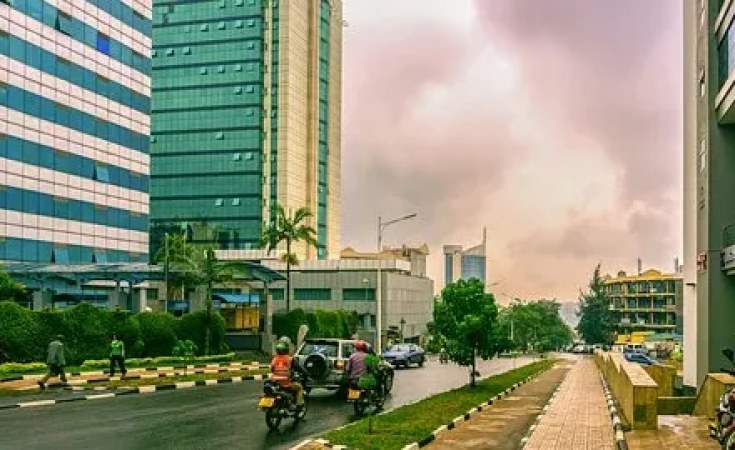Countries imposing travel and trade restrictions on Rwanda over the Marburg virus outbreak could severely impact the nation's economy and public health response, despite the World Health Organization's (WHO) warnings that such measures are unnecessary and harmful.
The WHO has urged countries to avoid restrictions, stating they are ineffective in controlling the spread of the virus and could have detrimental effects on affected societies.
Some nations have already issued travel advisories following the Marburg virus disease (MVD) outbreak in late September, discouraging movement to and from the East African country.
Rwanda's economy, heavily dependent on international trade and tourism, could suffer significantly from such restrictions.
A decline in tourism, a major revenue earner, would likely affect employment in sectors like hospitality, transport, and retail.
Disruptions to trade could also lead to shortages of essential goods and rising prices, further straining Rwanda's supply chains.
Restrictions on cross-border movements could pose additional challenges for Rwanda, a landlocked country, making it harder to import vital materials and export goods to regional markets.
The WHO has stressed that restrictions may also hinder global cooperation in outbreak control, slowing data sharing and access to international medical support.
"Travel and trade restrictions may act as a disincentive for the rapid sharing of public health data," the WHO said, urging governments to prioritise evidence-based interventions such as improved surveillance, case management, and cross-border collaboration.
Rwanda has reported 58 cases of MVD and 13 deaths since the outbreak began. The WHO advocates for international solidarity and collaboration, warning that restrictions could undermine efforts to contain the virus and prolong its impact.


